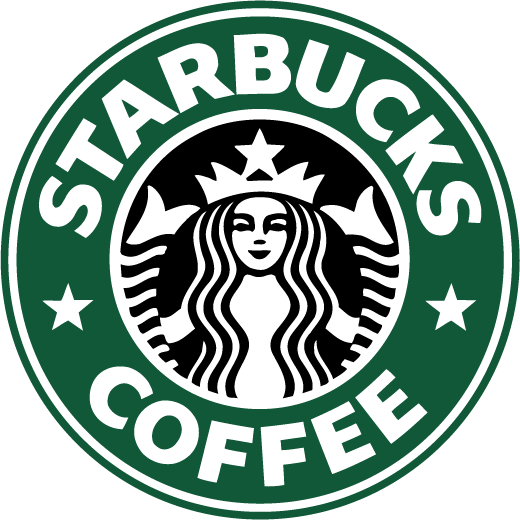 Maybe it’s our never-ending need for more caffeine (or at least mine) . . . . Despite the complaints about the quality of coffee that spurred the recent Starbuck’s retooling and the “perfect coffee pledge,” Starbucks came in at #7 on Fortune’s list of Best Companies to Work For. Paid sabbaticals, on-site child care and fitness centers and health care caught my eye as some of the “perks” of working at Starbucks. This week, though, Starbucks suffered a setback with a California decision requiring the company to repay more than $100 million in tips back to the baristas due to state law violations from the company’s practice of allowing supervisors to share in employee tips. Kind of puts a damper on the good place to work recognition.
Maybe it’s our never-ending need for more caffeine (or at least mine) . . . . Despite the complaints about the quality of coffee that spurred the recent Starbuck’s retooling and the “perfect coffee pledge,” Starbucks came in at #7 on Fortune’s list of Best Companies to Work For. Paid sabbaticals, on-site child care and fitness centers and health care caught my eye as some of the “perks” of working at Starbucks. This week, though, Starbucks suffered a setback with a California decision requiring the company to repay more than $100 million in tips back to the baristas due to state law violations from the company’s practice of allowing supervisors to share in employee tips. Kind of puts a damper on the good place to work recognition.Well, back to the java. Interestingly, Starbucks seems to be sticking to the quality control issue and is adopting new automatic espresso machines designed to leave less error in the puling of the shots and steaming milk. The company is also returning to grinding beans at the stores, rather than using pre-ground bags of coffee. I’m not sure that this all will lead them to increased sales and business success, but it does show company commitment to make the “best” coffee a reality. The problem with the perfect coffee pledge to me, though, still remains. Starbucks has set consumer expectations high, but their ability to convert on their pledge of quality coffee rests with the employees in the stores. That is where the tension between being a great place to work and discontent over the tipping policy may affect whether the baristas ultimately “make it right.”
All of this serves as a reminder that companies which make express warranties regarding the quality of their products may be heavily dependent on their employees to really come through. This would seem to be especially true where the sale involves a mixed goods and services transaction. As to Starbucks, the dependence and ultimate fulfillment of warranty conditions (if the perfect coffee pledge is more than puffery) will require employee dedication to ensure quality coffees. When I went to the Starbucks website, the company’s statement concerning the tipping issue was prominent on the website. That struck me immediately, but upon reflection Starbucks really must tackle this issue that could threaten quality. Although the statement now appears on a less prominent company page, the tipping issue reflects the delicate balance that companies must achieve between satisfaction of warranties of quality and employee relations.

3 comments:
This would seem to be especially true where the sale involves a mixed goods and services transaction.
It is so interesting to me that you describe Starbucks as providing both a good and a service. I gave a contracts exam recently that involved an entity based upon Starbucks (named Starlucks). I was surprised how many students identified the transaction as mixed - where, I had thought of it only as a sale of a cup of coffee and, thus, simply a sale of a good. But, to the extent the entity in the fact pattern was based on Starbucks, I had to give the students credit for this analyis. Above all else, the company has been successful in marketing itself as providing more than just a cup of coffee, but the preparation (to supposed perfection) of that cup of coffee. (By the way, the other marketing triumph is calling a small coffee a "tall" -- sounds like so much more...) But, my point is that, before the infestation of Starbucks, I think we all would have agreed (to paraphrase Freud slightly): a cup of coffee was just a cup of coffee.
Although there is some service when you go to a Starbucks, the sale of the coffee is at the heart of the transaction. So, the UCC applies. This would seem to fall into the same category of cases as those involving straight up restaurants that also have service, but would in most cases be a sale of goods. The student's acknowledgement that there is a service involved means that they are thinking about the issue. Hopefully, they concluded that the sale of goods well overrides the service involved.
Yes - those that raised the issue recognized that coffee/ a good was the essence of the transaction. But I suspect that they only identified the good/service distinction as an issue because the proprietor in the fact pattern was obviously based on Starbucks.
Post a Comment